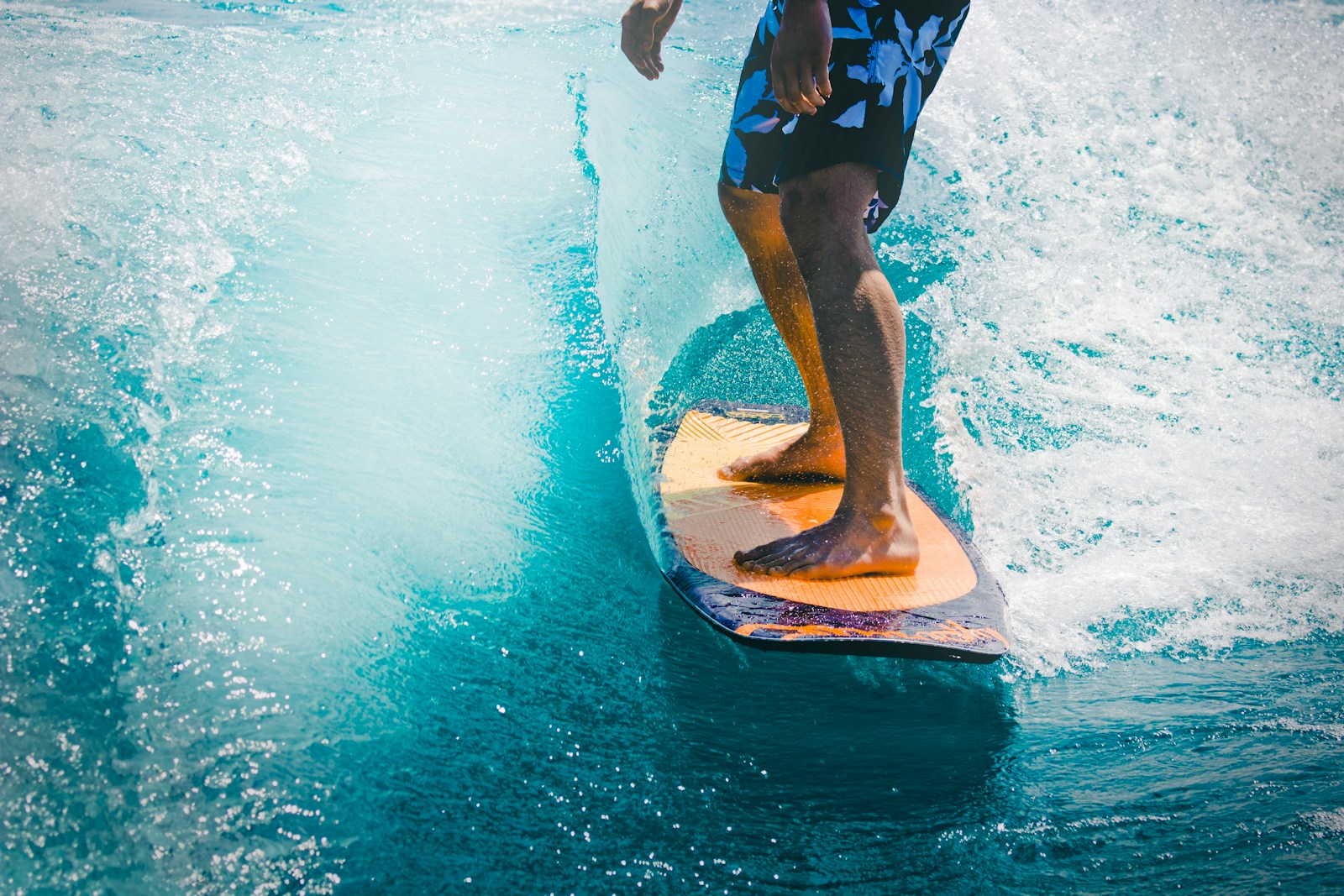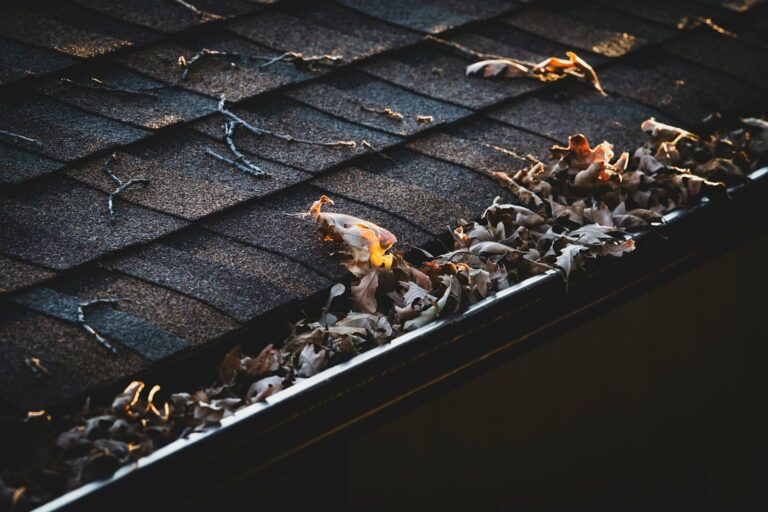
Surfboards are made of different materials and are available in a variety of shapes and sizes. Thus, choosing the right surfboard can get tough. However, you can make the right choice considering certain factors. Do you want to buy a surfboard that stays through the seasons? Consider the factors below:
Skill Level
You should assess your skills and expertise before you go for a surfboard. Once you know your surfing skills and desired places, you can narrow down the available options. Different surfboards suit different skills, and thus, you should choose the right option. If you are a beginner, use a longboard/malibu (“mal” for short) as it is the biggest type of surfboard, which helps to learn to ride waves because it is stable and simple to paddle. Longboards are good for slow waves with which you can try hanging ten, drop-knee turns, and cross-stepping.
You may use a mid-length surfboard if you are an intermediate surfer. Since a mid-length surfboard is smaller than a longboard, it fits tighter inside the pocket and helps you access the most critical waves. So, you can take off, trim, and perform top turns and cutbacks. Shortboards work for high-performance surfing and are perfect for skilled surfers who can handle critical situations. They can give duck-diving options to the surface when confronted with big broken waves.
Height and Weight
Your height and weight matter in choosing the right surfboard since it is built to carry a specific weight range. It might not glide and float as desired if you are too light and heavy for a specific board. With a very small board, you may not be able to catch waves or “bog” when turning. While maneuvering gets tough when the board is too large.
Check the sizing chart to get the right surfboard, depending on your weight. Such charts list the maximum and minimum weight ranges for every surfboard size. If you are in the lower portion of the range of a specific size, you may want to go for a larger size to ensure the board has sufficient floatation. You should go for the next size down if you are at the upper end of the range to ensure the board is easy to control and stays stable. Go for the larger board if you are confused with two sizes.
The Type of Waves You Will Surf
The type of waves to be surfed is a crucial factor to consider when picking a surfboard. A specific surfboard may not work for various types of waves, and thus, you should choose the one that suits all surfing conditions. Longboards are perfect for slowly moving small waves, and shortboards work well for more powerful and bigger waves. When you aren’t sure of the type of waves that you will be surfing, the mid-length board can be an all-inclusive choice as it is the perfect choice for an all-round performance.
Material
Surfboards are made of various materials, each with their pros and cons. The most common materials for a surfboard are:
Fiberglass
It is the most conventional and popular surfboard element. Fibreglass surfboards are durable, strong, and affordable. They are responsible and perfect for high-performance surfing. The disadvantage is that fibreglass surfboards tend to get more exposure to damage and dings than other elements. They tend to get heavier than competitors and are effective in dealing with high waves since they settle in the water lower than a construction option. Beginners can repair them at cheap rates.
Soft Surfboards
Soft surfboards are made of foam and covered with a soft material like rubber. Soft surfboards are the best for beginners as they are easy to ride and quite stable. They are also quite durable and can withstand damages and dings than other elements. Softboards may not suit advanced surfers since they are not as responsive as other kinds of surfboards.
Epoxy Surfboards
Epoxy surfboards are made of a combination of foam core and epoxy resin. As epoxy surfboards are made of less petroleum-based ingredients, they are stronger, lighter, and environment-friendlier than fibreglass surfboards. However, they cost more than fibreglass surfboards.
The Bottomline
When it comes to buying surfboards, you should buy the one that lasts through the seasons. By considering the factors above, you can choose












